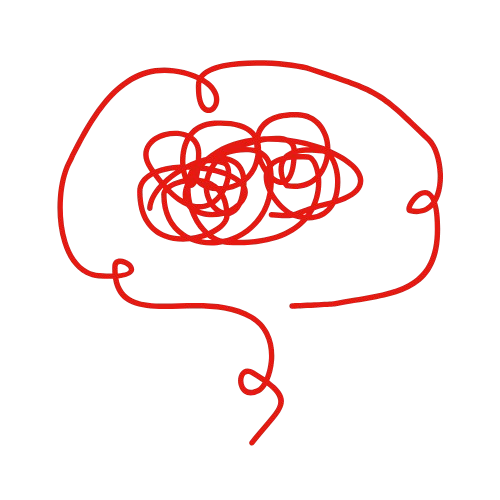- Published on
The Irony of Instant Gratification: Why Waiting is a Lost Art
- Authors

- Name
- Mindmire
- @Md_Khokon_Mia
Previous Article
The Irony of Instant Gratification: Why Waiting is a Lost Art
Have you ever noticed how we’ve become allergic to waiting? In an age where everything from food to entertainment is just a tap away, the idea of waiting has become almost quaint. It's as if patience has been relegated to the dusty corners of human virtues, overshadowed by the gleaming allure of instant gratification.
Consider the humble act of streaming a movie. Once upon a time, watching a film required a trip to the local video store, where the anticipation built with each step down the aisles. Now, with a mere click, we can summon a cinematic experience in seconds. And yet, despite the convenience, there’s something lost in the immediacy — the joy of anticipation, the thrill of the hunt.
This trend extends beyond entertainment. Think about online shopping. The thrill of waiting for a package has been replaced by same-day delivery and instant downloads. We’ve trained ourselves to expect everything NOW, as if life were a fast-food drive-thru. But in our quest for speed, have we sacrificed something more profound?
In the realm of human interaction, the expectation of immediacy has seeped into our communications. Text messages demand instant replies, emails are expected to be answered promptly, and heaven forbid you should leave someone on “read.” The subtle art of reflection before response is slipping through our fingers, replaced by the rapid-fire pace of digital chatter.
What does this say about us as a society? Our obsession with immediacy might suggest a deeper discomfort with uncertainty and stillness. In our rush to eliminate waiting, perhaps we are also erasing opportunities for introspection and mindfulness. The pause between desire and fulfillment — that delicate space where creativity and reflection flourish — is vanishing.
There's an irony here, isn't there? We chase after time-saving conveniences, yet often find ourselves with less time to truly savor the experiences they facilitate. The very tools designed to free us from waiting can ironically imprison us in a perpetual state of urgency. It's as if the more immediate our desires are met, the less satisfied we become.
But all is not lost. We can reclaim the art of waiting by embracing moments of pause as opportunities for mindfulness. After all, waiting doesn’t have to be wasted time; it can be a chance to observe, to listen, to think. Next time you find yourself in a queue or waiting for a download, resist the urge to fill the void with distractions. Instead, relish the moment, let the anticipation build, and perhaps rediscover the satisfaction that comes with delayed gratification.
In a world that equates speed with efficiency, perhaps the most radical act is to slow down, to wait, and in doing so, to find meaning in the pause. By embracing the lost art of waiting, we might just find that life is richer, more nuanced, and ultimately more rewarding.